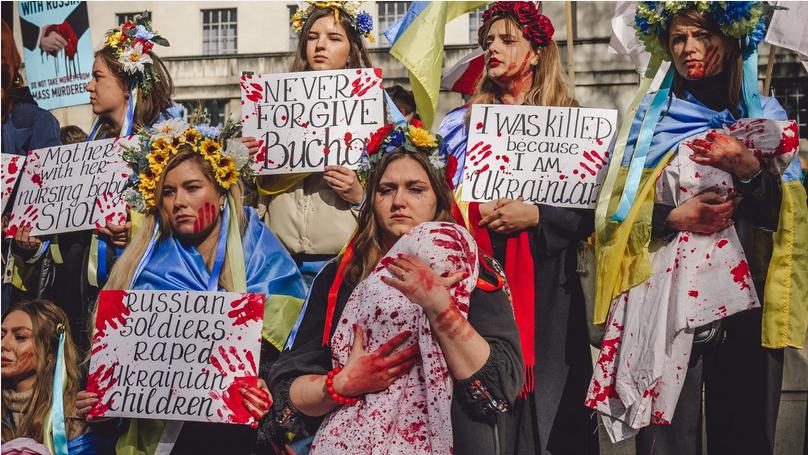Open-source Investigations on Human Rights Violations: The German discourse on the War in Ukraine
Virtual Session

Expert discussion with:
- Tobias B. Bacherle, Member of the German Bundestag, Alliance 90/The Greens, Committee on Foreign Affairs, Committee on Digital Affairs
- Nathaniel Raymond, PhD., Executive Director- YSPH Humanitarian Research Lab and Lecturer at Yale School of Public Health; Human Rights Investigator
- Julia Tappeiner, Author for International Politics, Russia, and Eurasia, Perspective Daily
Moderated by Christina Bermann-Harms and Nina Strumpf, FriEnt
The current debates surrounding human rights violations in the war in the Ukraine provide the opportunity to look at the impact of open-source investigations on public and political debates in Germany. However, their relevance has not been discussed so far in the peace community.
The use of open-source information (‘open-source intel’) for investigations of human rights violations and environmental crimes is a relatively new but fast-growing field of practice. Open-source intel, such as photography, satellite imagery, and video recordings, that has been uploaded by individuals on social media such as Twitter, Facebook, Youtube, TikTok or Telegram. Open-source investigators are verifying data and strive to minimize biases and blind spots, as these influence interpretation of data and thus their credibility.
The production and distribution of information on human rights violations based on open-source intel gives journalists, human rights investigators as well as political decision-makers access to a wider range of sources and witness reports than ever before – and almost in real-time.
This panel discussion introduces the tool of open-source investigations to the peace building community and uses the case of the ongoing war in Ukraine to explore their relevance for debates on the war in Ukraine, specifically:
- Chances and challenges of open-source investigations of human rights violations
- Relevant considerations for publishing open-source investigations on human rights violations
- Effect of these open-source investigations on public and political debates
Please register for the event here
About FriEnt
FriEnt (Working Group on Peace and Development) is an association of governmental organisations, church-based aid agencies, civil society networks, and political foundations. The working group stands for joint learning and opens the space for critical reflection between state and civil society actors to discuss current peace and development policy challenges at eye level. We aspire to facilitate a dialoge, shape agendas and political processes. Our goal is to further develop and strengthen peacebuilding.
With ‘Digitalisation and Peacebuilding’, FriEnt seeks to look at blindspots through a conflict-specific lens and the increasing digitalisation of both, conflicts and peace-building efforts. We aspire to offer a space for (self-) critical peace expertise and political discourse.
